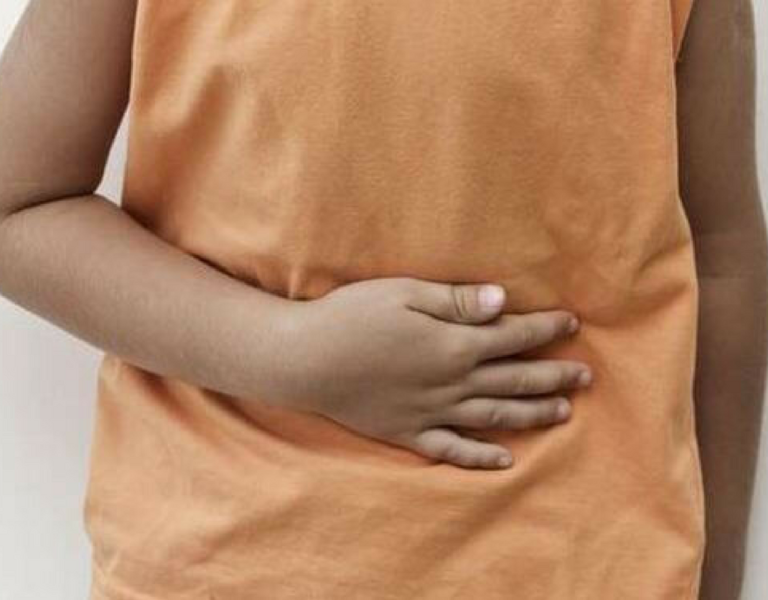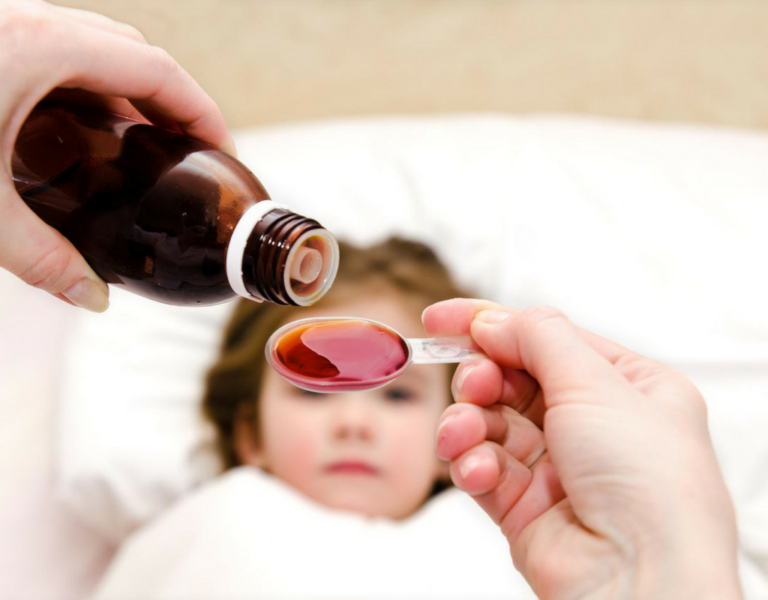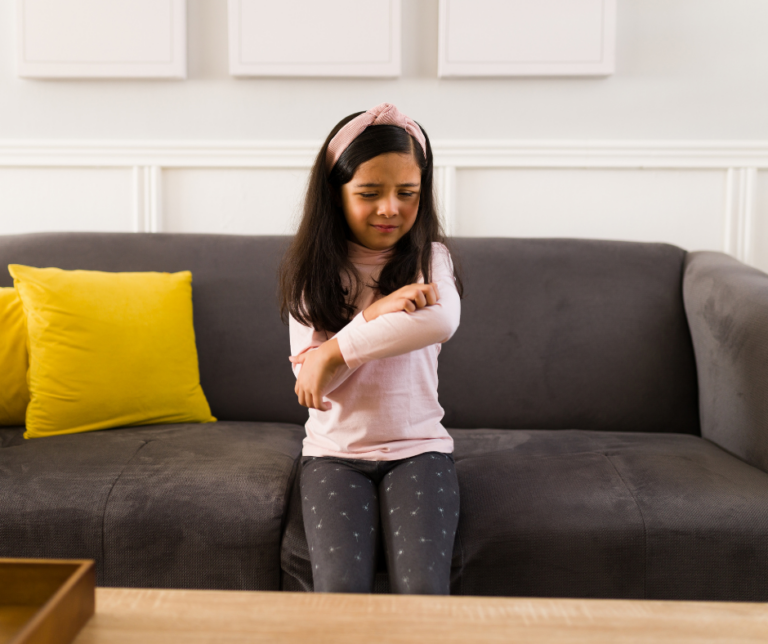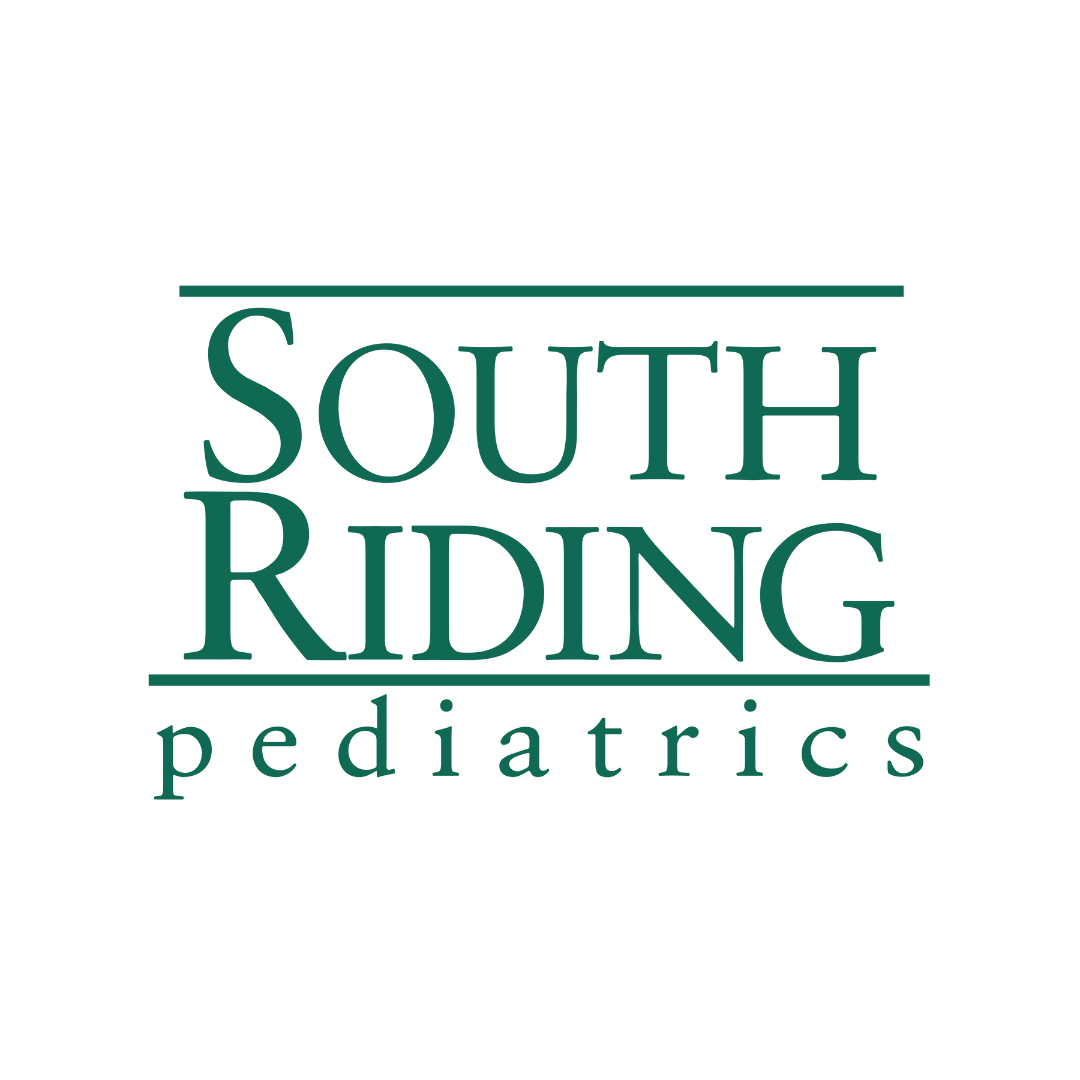Vomiting and diarrhea are common in children. Both are almost always caused by viruses, and no medicines are used to stop either. Both usually resolve without any medical intervention.
If your child is vomiting, stop all food and drink for at least one hour. After an hour, give one teaspoon ONLY of clear liquid (Pedialyte preferred, but Gatorade may be used if the child is over a year of age). Try this every five minutes. If there is no vomiting after thirty minutes, you may give one ounce of clear liquid. Continue to give small amounts of fluids very slowly until the child has been without vomiting for at least four hours. Do not give solids or more than three ounces of fluids at a time until the child has not vomited for eight hours. Then resume bland foods (toast, applesauce, bread) slowly. The vomiting should stop within twenty-four hours. Call the office if it does not, if there is any blood in the vomit, or if your child cannot tolerate small amounts of fluids.
Diarrhea is also common. If your child has diarrhea without vomiting, there are no diet restrictions, although fruit juice may make the diarrhea worse. Feed your child a regular diet. Diarrhea can last for up to ten days. Call the office if there is blood in the diarrhea, your child refuses to drink, or if the diarrhea lasts more than ten days.
Because vomiting and diarrhea are generally caused by viruses, your child should be considered contagious until the symptoms resolve. Be sure to wash your hands thoroughly when cleaning either vomit or diarrhea, and sanitize any soiled areas. Your child should not attend daycare or school while vomiting. Many child care centers will not allow your child to attend if there is diarrhea, either.
We do not recommend the use of medications such as Phenergen or Immodium.
Dehydration
Signs of Dehydration that require evaluation
- Lack of tears
- Lack of any urine output in 24 hours
- Dry mouth and lips
- Listlessness—Acting Weak





